In today’s technology-driven world, artificial intelligence (AI) is significantly influencing childhood development through educational tools and interactive games. While AI enhances learning and creativity, it also poses challenges that must be addressed. It is crucial for parents, educators, and policymakers to understand AI’s impact on young minds and balance its benefits with potential risks.
Positive Impacts of AI on Childhood Development

The introduction of AI into childhood development has brought numerous benefits. It enhances creativity, personalizes education, and provides opportunities for advanced learning. These positive effects can shape the next generation’s minds in ways traditional methods may not achieve.
AI Tools and Online Education
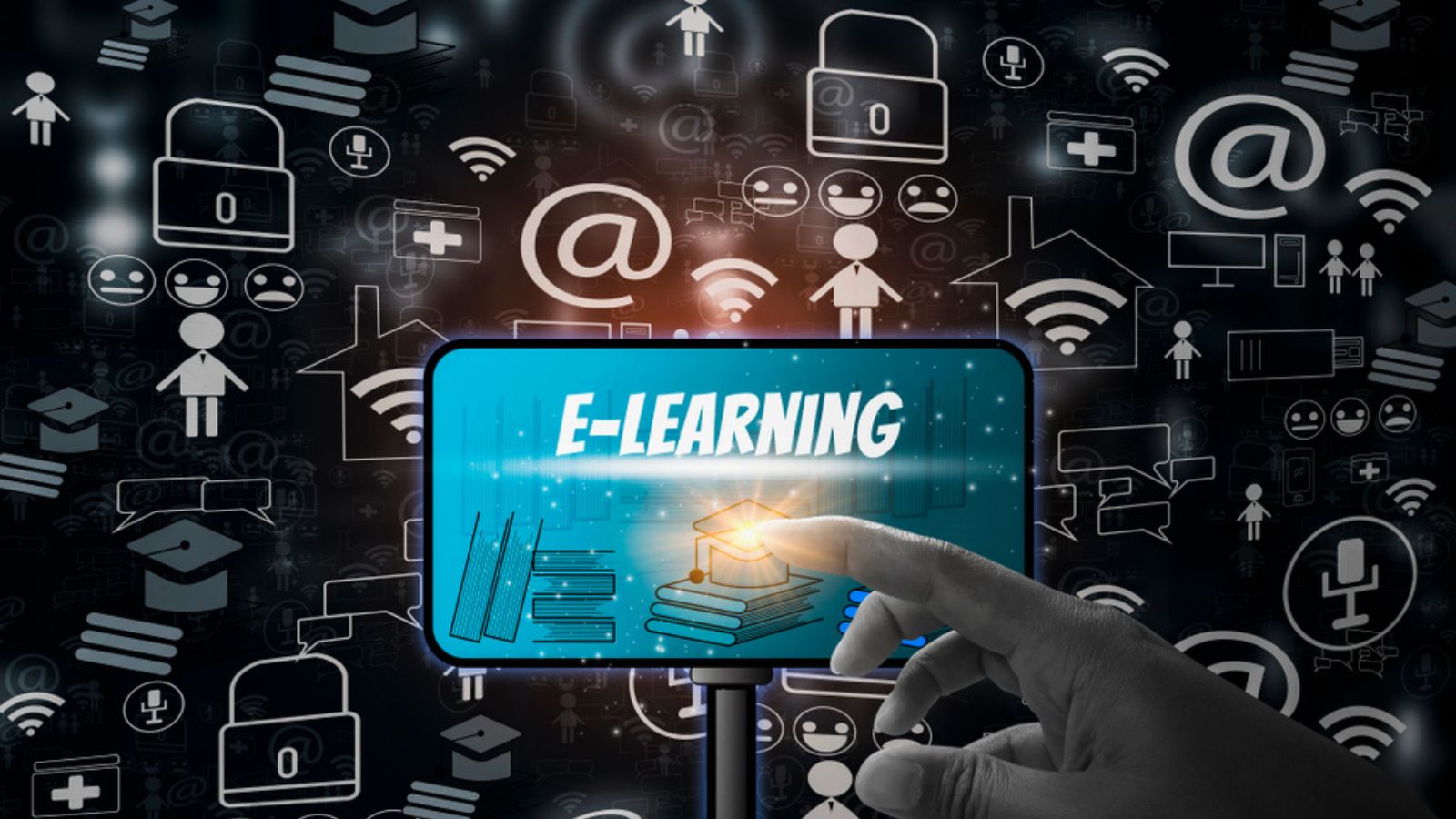
Online education has transformed modern learning by providing access to excellent teachers and resources worldwide. This “global village” effect, enhanced by AI, has made quality education accessible to children anywhere. During the COVID-19 pandemic, AI-powered tools played a vital role in continuing education, ensuring children didn’t fall behind. This global access is breaking geographical barriers and democratizing learning like never before.
Enhanced Creativity
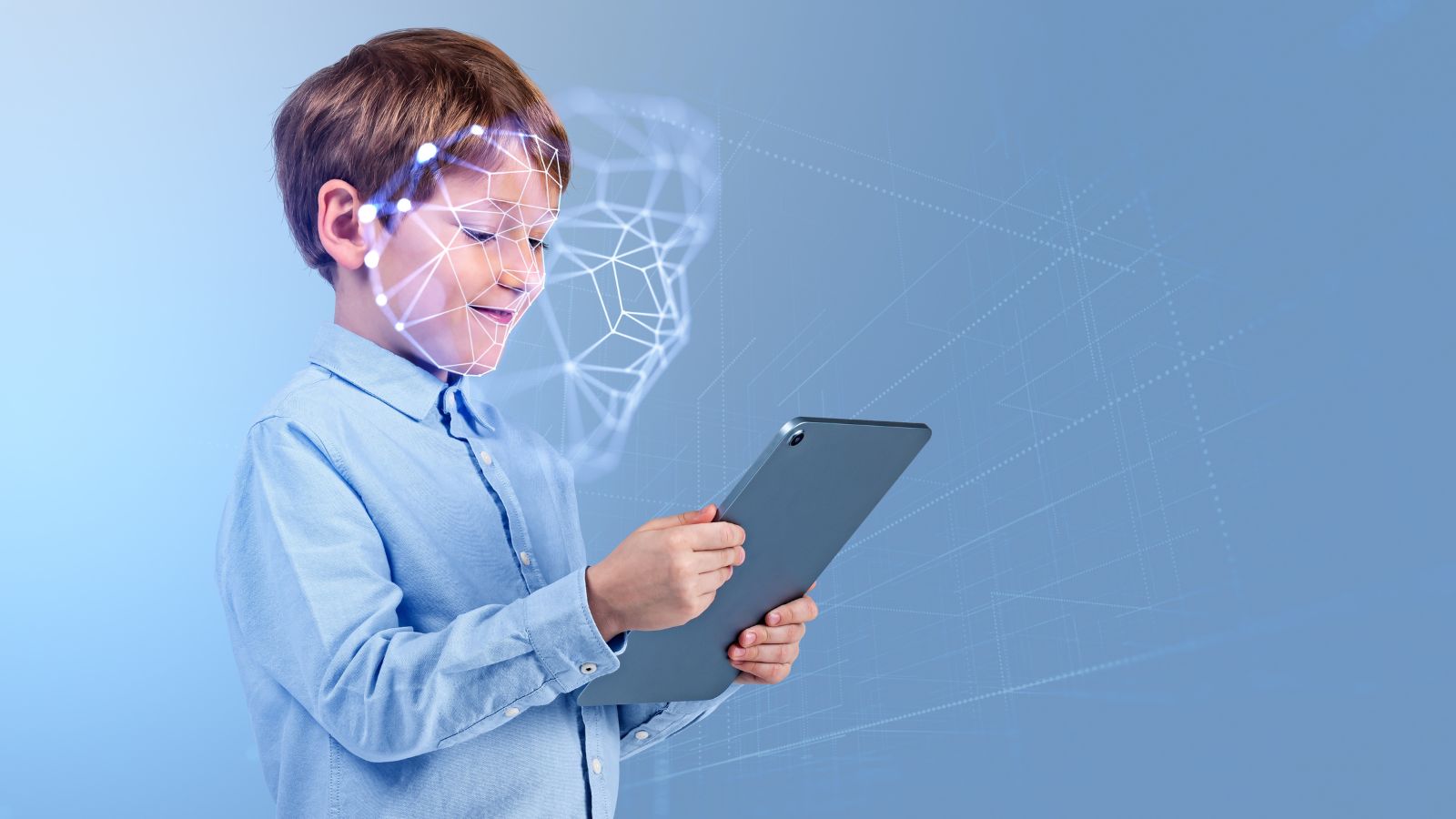
AI has opened doors for enhanced creativity among children, offering tools that allow them to explore and express themselves in ways once unimaginable. With access to AI-driven platforms for art, music, writing, and more, children can push creative boundaries, discover unique talents, and nurture a sense of innovation. This access to diverse creative outlets also helps build self-confidence and self-expression.
STEM Education
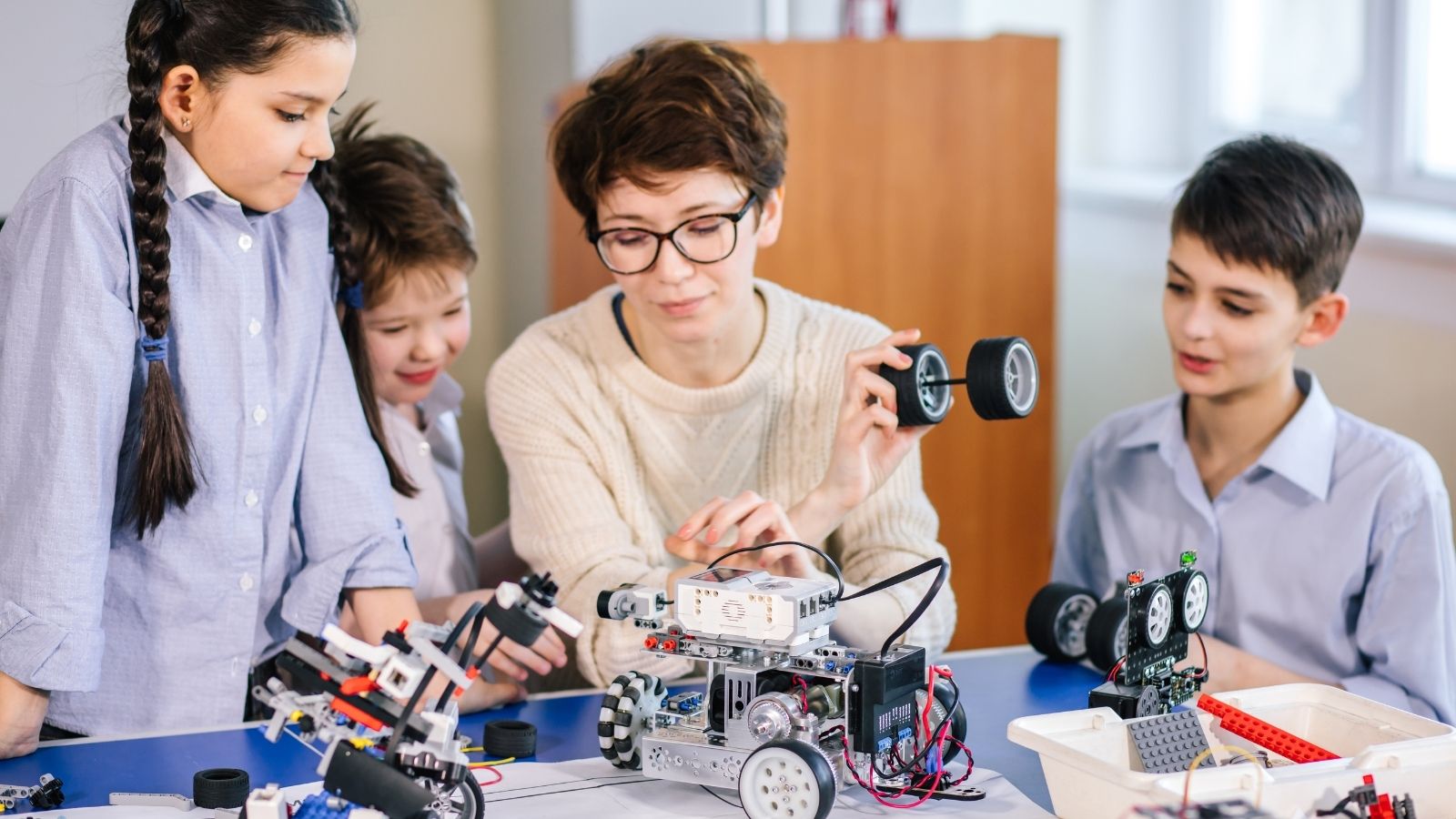
The modern education system increasingly emphasizes STEM (Science, Technology, Engineering, and Mathematics) to foster analytical and innovative thinking in children. AI integration with STEM subjects offers dynamic, hands-on experiences using simulations, robotics, and virtual labs. This interactive approach boosts engagement and understanding, allowing children to grasp complex concepts through practical application.
Personalized Education

AI-driven personalized education tailors learning to individual students by analyzing learning styles and pace data. AI systems can create customized lessons suited to each child’s strengths and weaknesses, making education more engaging and effective. This individualized approach aligns with educational theories on differentiated instruction, ensuring all learners can thrive.
Development of Social Skills
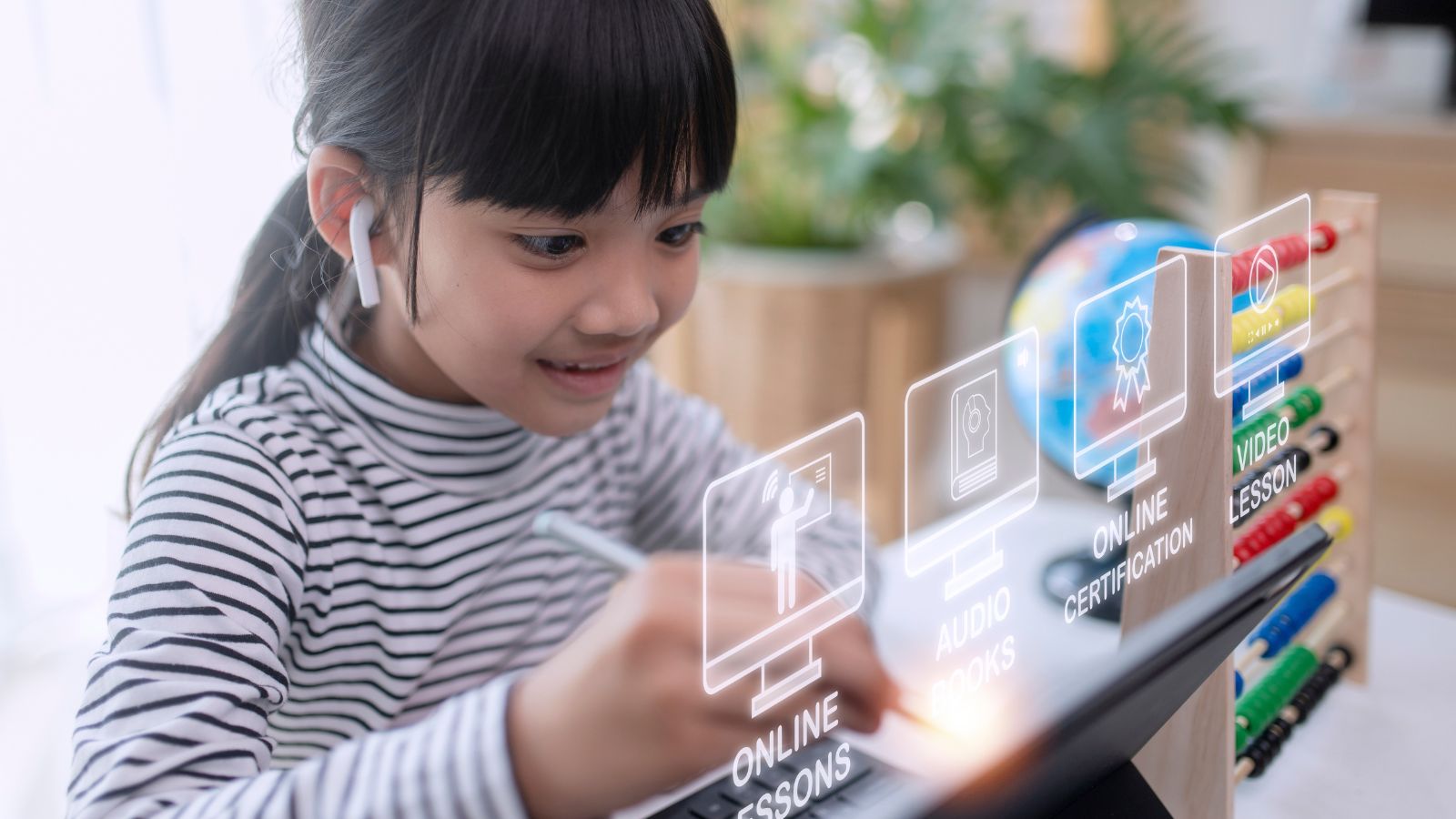
AI provides a platform for enhancing children’s social skills through tools like social robots, virtual assistants, and chatbots. These tools engage children in simulated social interactions, reinforcing empathy, teamwork, and conflict-resolution skills. With real-time feedback, AI can help children recognize and respond to social cues, offering a supplementary environment for social development alongside traditional interactions.
Enhanced Global Awareness
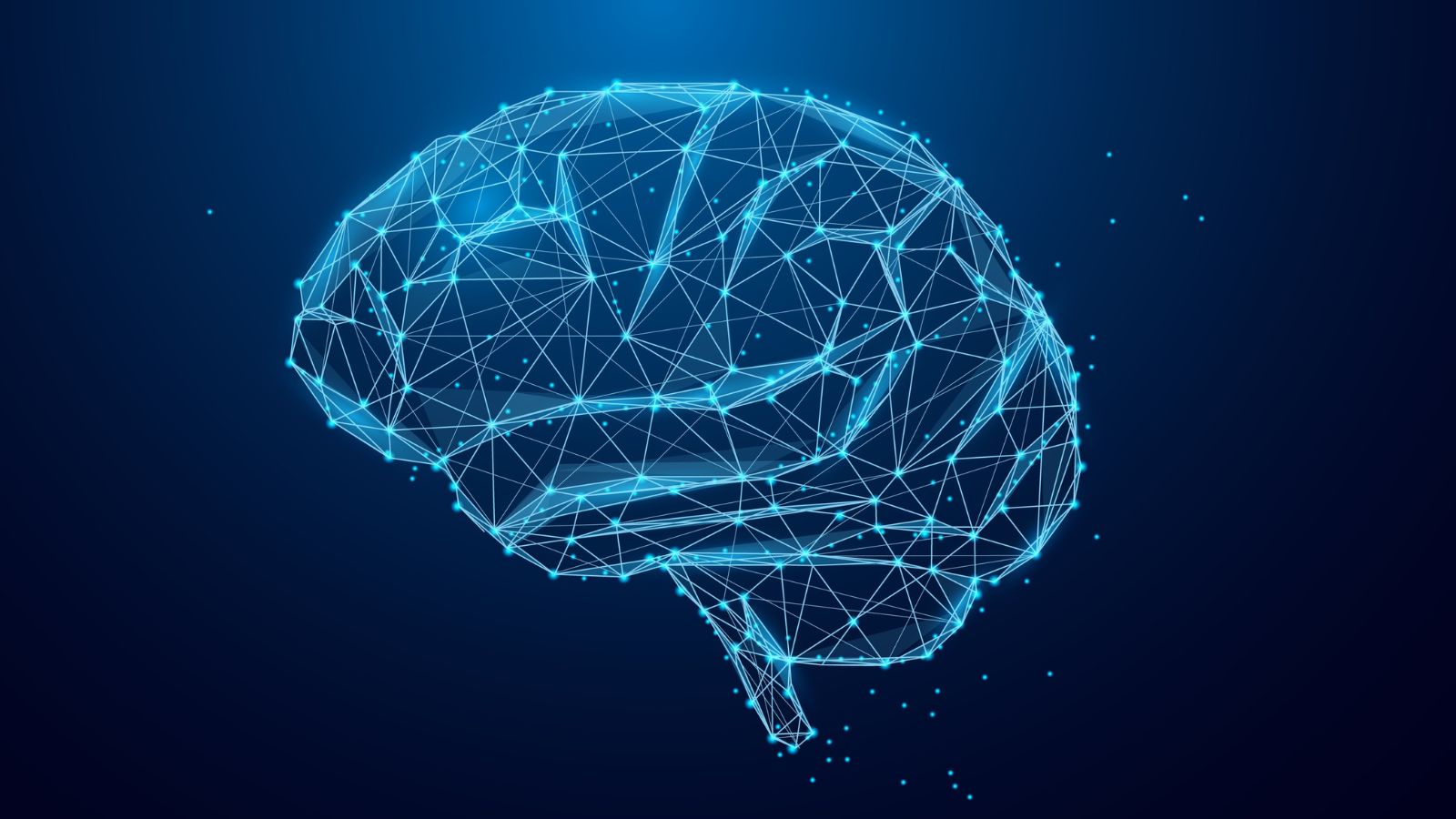
AI-driven language translation tools have broadened children’s ability to understand different languages and cultures, creating a stronger sense of global awareness and empathy. Exposure to global content helps children develop cultural sensitivity and an understanding of diverse perspectives, building a foundation for open-mindedness and cross-cultural empathy.
Interactive Learning Tools

AI-based interactive tools and games make learning more engaging for children with different preferences. These tools provide personalized feedback and use elements of gamification, making learning a fun and immersive experience. They also help parents and teachers maintain children’s attention, using AI to adapt educational material to be age-appropriate and captivating.
Thought-Provoking Stimulation
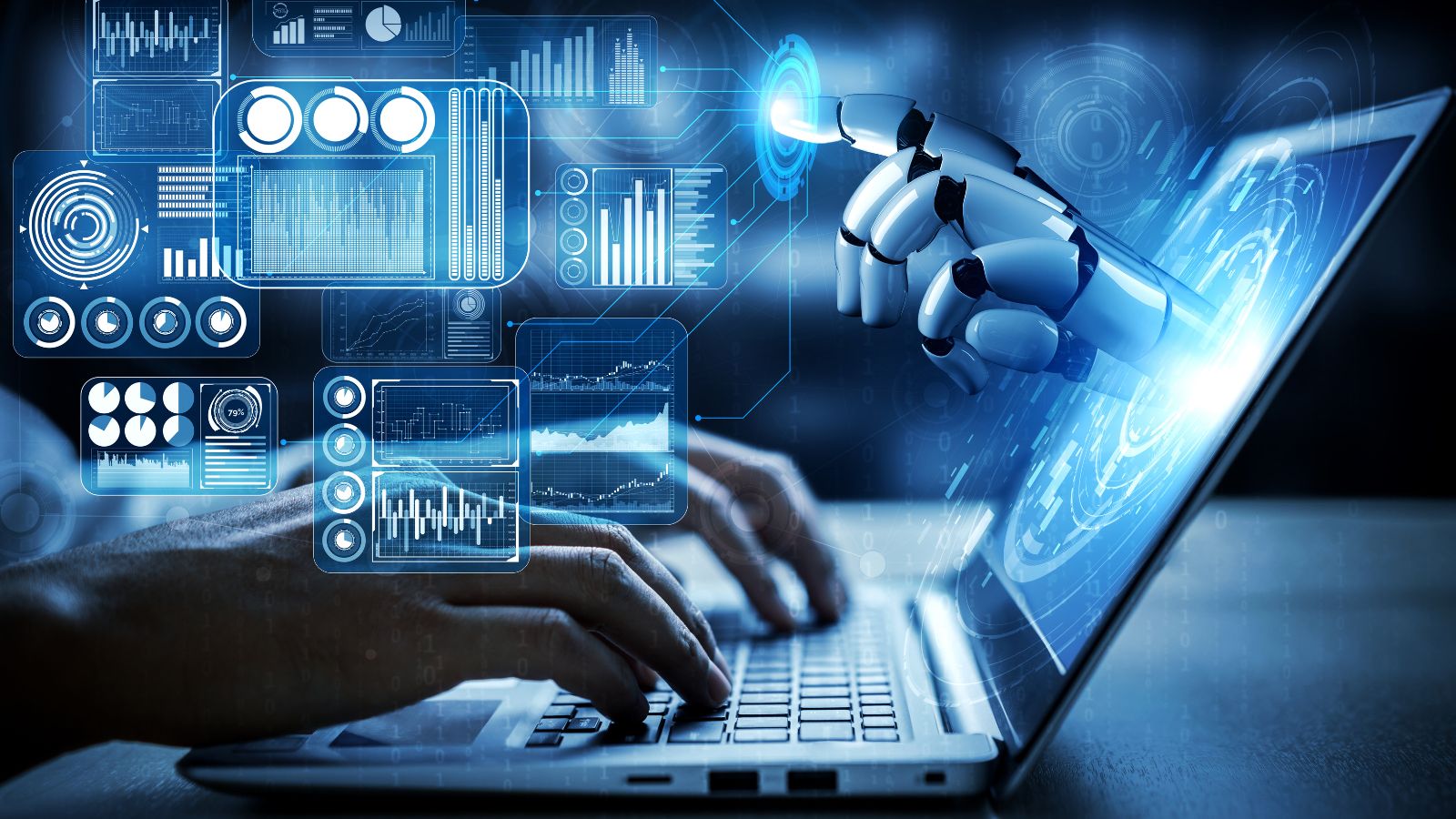
AI programs based on child psychology are designed to engage children’s critical thinking and problem-solving abilities. These platforms stimulate thought-provoking processes, nurturing a lifelong love for knowledge and learning. This shift encourages children to approach learning as an enjoyable and stimulating pursuit, preparing them for a future that values adaptability and innovation.
Early Development of Language

AI-based language learning apps are tailored to children’s interests, making language acquisition more accessible and engaging. By incorporating games and interactive exercises, these tools help children develop language skills early. This support in language development is also beneficial to parents, as it fosters an environment conducive to bilingual or multilingual growth.
Imaginative Games and Play

Critical thinking and problem-solving are essential for brain development in childhood. Many AI-driven games and activities are designed to stimulate imagination and creativity, helping children explore and expand their minds. This interactive play promotes cognitive development and reinforces essential skills in a fun, engaging way.
Accessibility to Advanced Knowledge
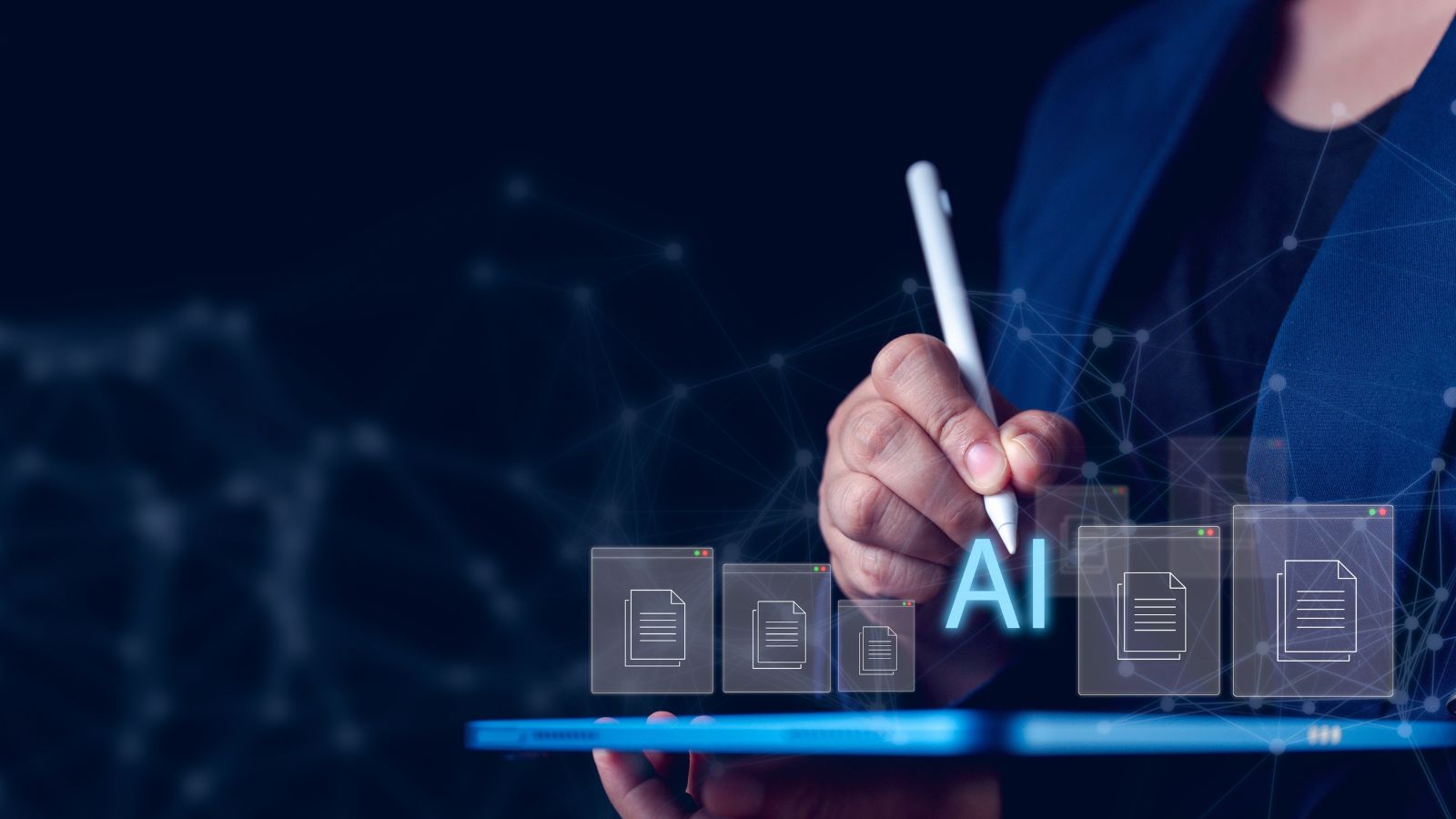
AI-based educational platforms give children unlimited access to advanced knowledge beyond the traditional curriculum. By exposing children to the latest technological advancements and scientific discoveries, these platforms encourage curiosity and a passion for exploration, nurturing a love for lifelong learning.
Entrepreneurship Skills Development
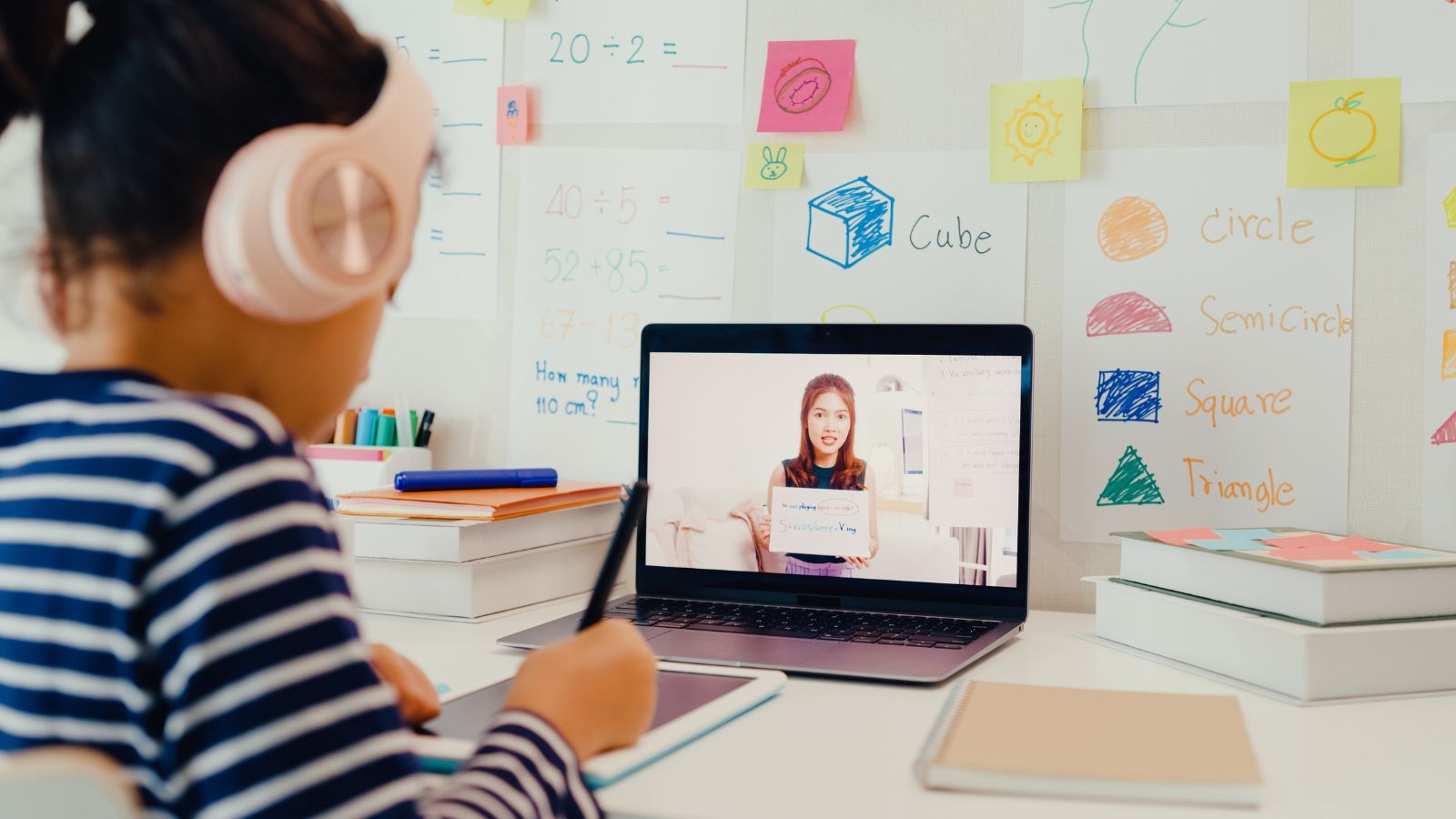
AI opens doors for children to explore entrepreneurial skills by helping them identify their strengths and interests. Children can experiment with business ideas through simulations, role-playing, and project-based learning, gaining insights into problem-solving and creative thinking. These tools provide an opportunity to develop skills valuable in an entrepreneurial context, encouraging a proactive mindset for future endeavors.
Negative Impacts of AI on Childhood Development
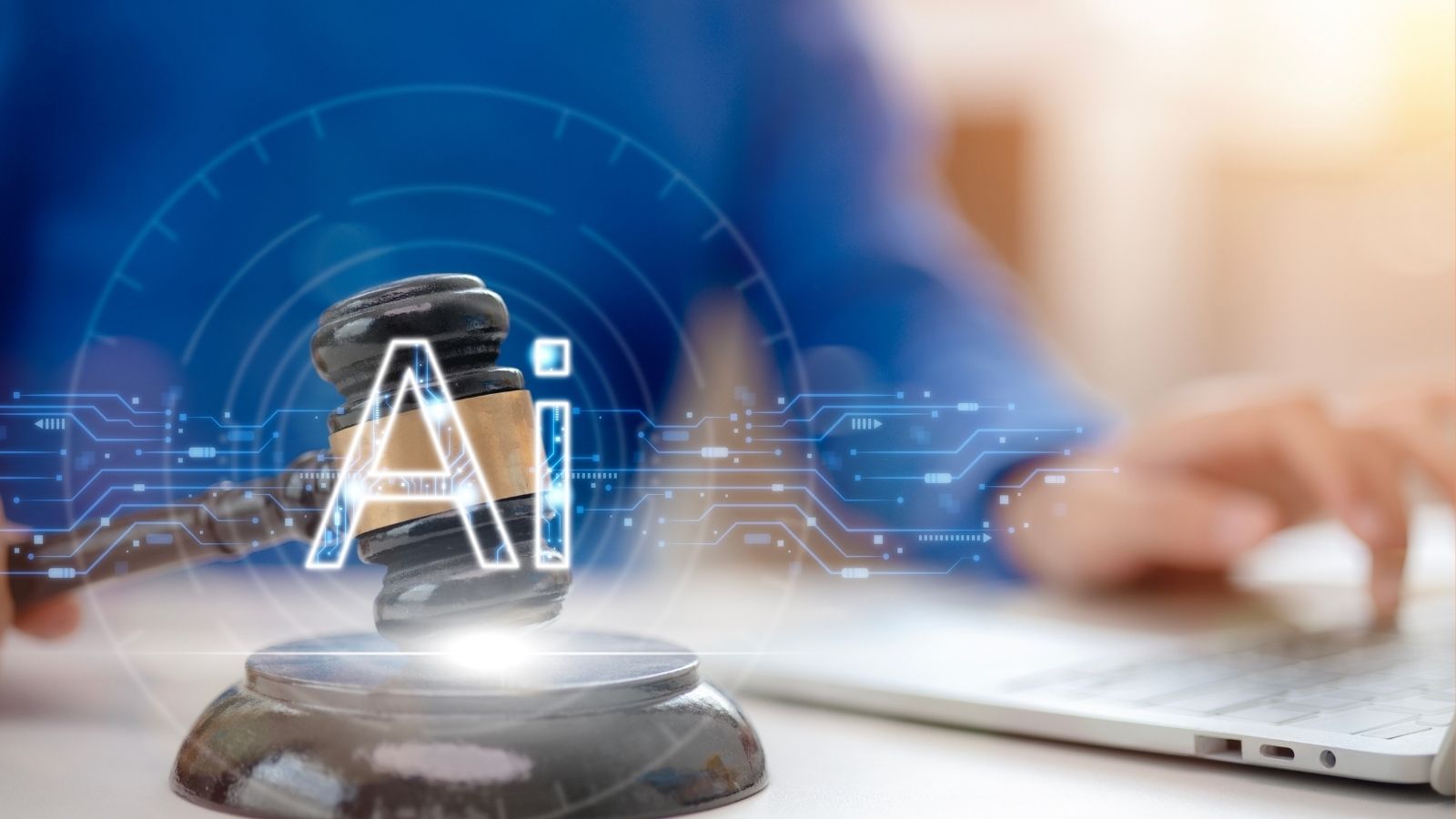
Despite its advantages, AI poses risks, such as fostering dependency on technology and limiting physical activity. These drawbacks may hinder the natural development of critical skills, potentially affecting children’s overall well-being and growth.
Challenging Emotional Intelligence
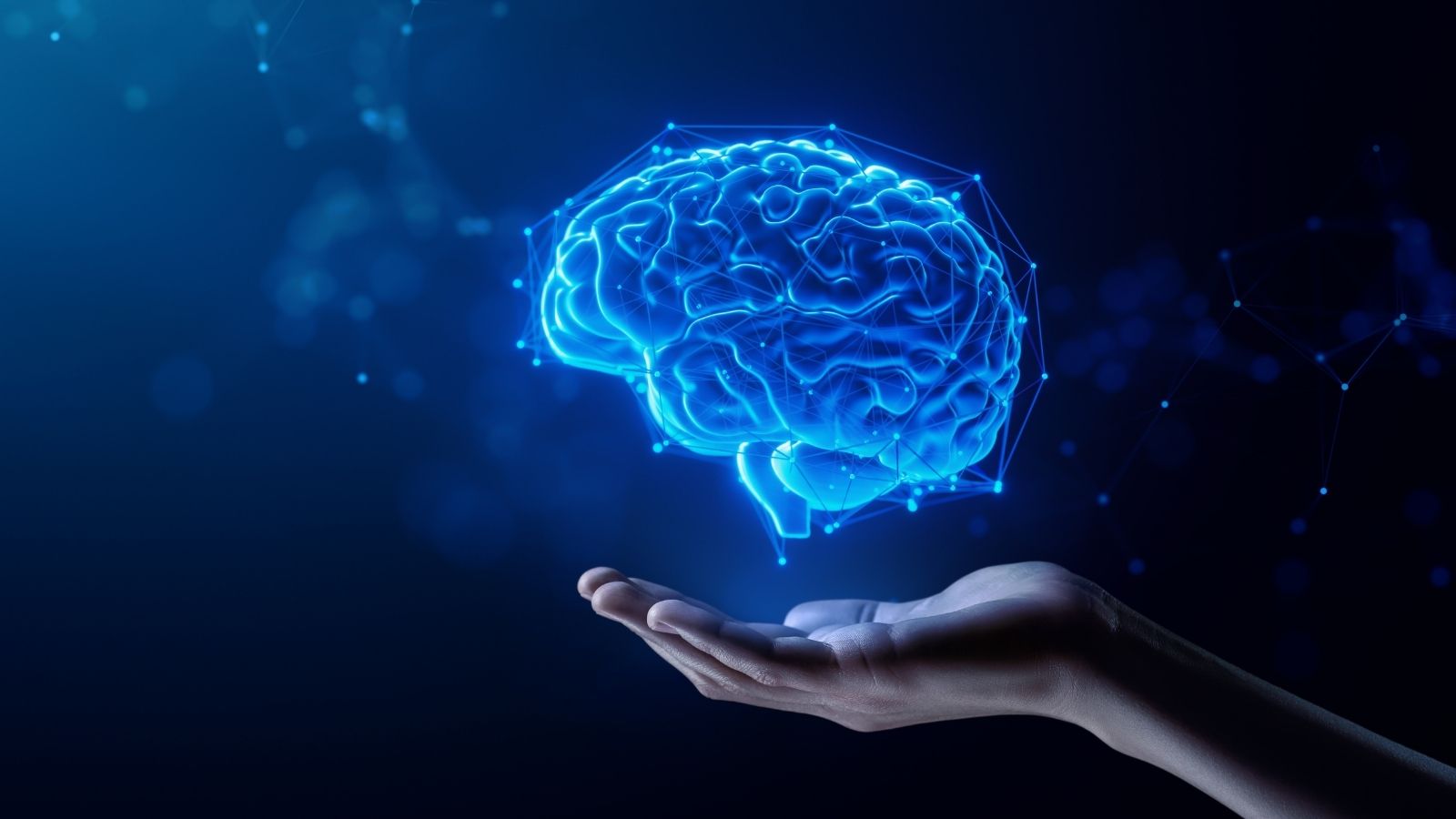
While AI can support emotional intelligence development, overreliance on AI systems may hinder children’s natural ability to develop empathy and emotional understanding. If AI interactions replace real human connections, children may struggle with emotional expression and empathy. Emotional development requires human feedback and genuine social experiences, which AI alone cannot fully replicate.
Risks of Dependency
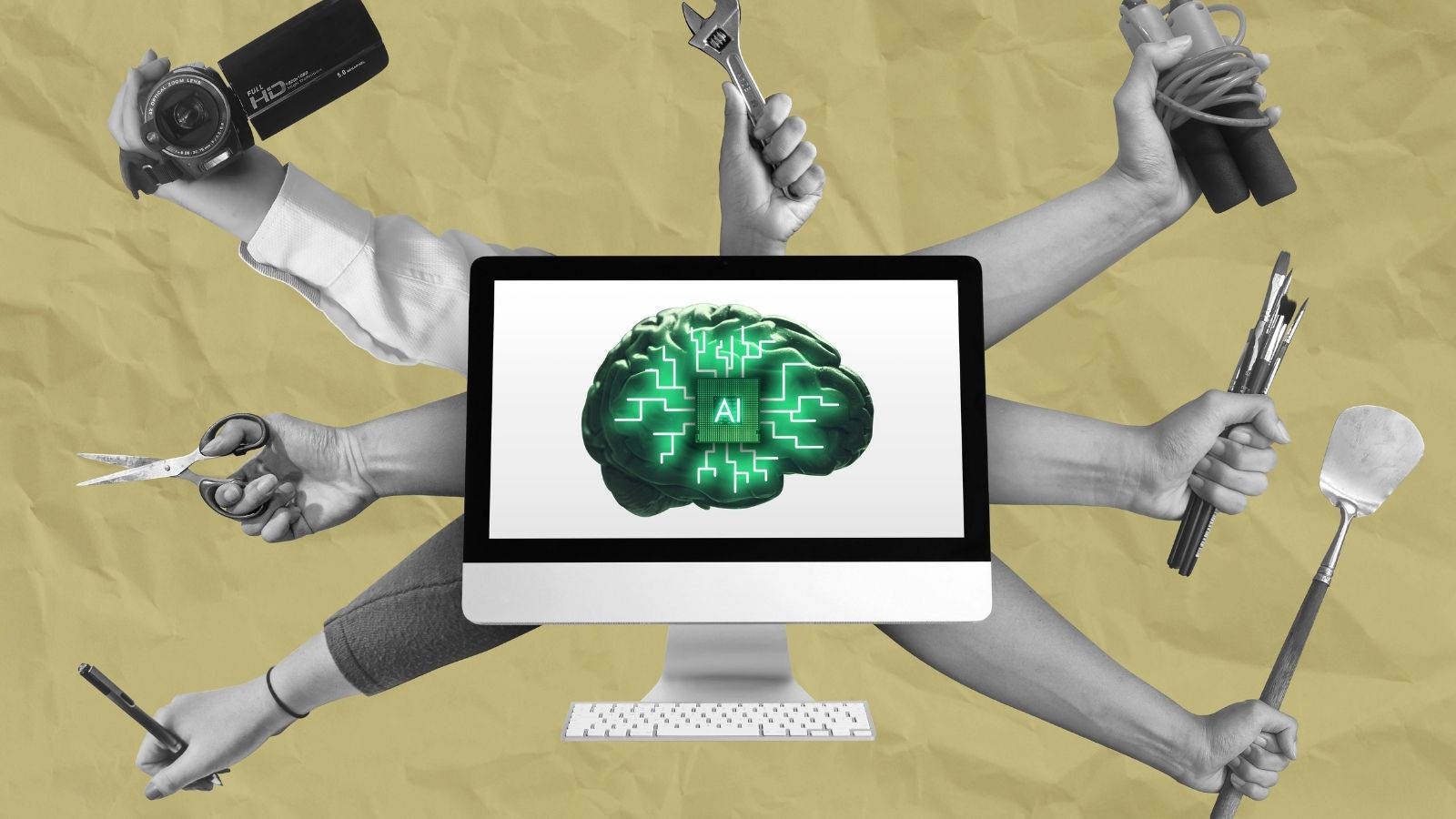
AI technology can be addictive, promoting a passive approach to problem-solving. With excessive use, children may develop a dependency, which could suppress original thinking and organic problem-solving abilities. Critical thinking and self-reliance may diminish as children rely more on AI tools, impacting their resilience and adaptability.
Reduced Physical Activity

AI-based devices, though beneficial, can encourage a sedentary lifestyle by increasing screen time. From educational apps to entertainment platforms, AI tools may reduce children’s motivation to engage in physical activities. This decline in movement is a growing health concern linked to physical and mental well-being.
Cyberbullying

AI-powered platforms provide many advantages, but they also expose children to digital risks like cyberbullying. The anonymity and accessibility of online interactions can lead to harassment. With limited control over the digital environment, children are vulnerable to harmful online interactions, highlighting the need for cybersecurity awareness and parental guidance.
Increased Screen Time

The engaging nature of AI platforms can lead to prolonged screen exposure, raising concerns about the effects of blue light on brain development and sleep patterns. Excessive screen time can impair physical activity and disrupt sleep, crucial for cognitive and physical development.
Privacy and Security Concerns

Children’s use of AI tools raises concerns about data privacy. AI systems often collect personal information to personalize experiences, but this information could be vulnerable to misuse. Protecting children’s digital privacy is essential to prevent exploitation and ensure their safety.
Modifications in Parenting Style

AI has not only impacted children but also influenced parenting styles. Many parents now rely on AI tools like smart monitors and tracking applications, which may reduce their direct involvement. While these tools provide convenience, they could weaken parent-child bonding, as parents may rely on digital solutions instead of fostering in-person interactions.
Conclusion

Modern technologies have undoubtedly brought significant societal advancements, especially in child development. AI-based applications offer remarkable potential to support children’s growth but require careful monitoring. Ensuring a balanced use of AI can help children reap the benefits while mitigating the risks. Proper guidance from parents, educators, and policymakers is essential to maximize AI’s positive impact on children and safeguard their well-being.
18 Reasons Why People Are Leaving Florida in Masses

Exploring factors that impact the desirability of living in Florida, this list delves into various challenges shaping residents’ experiences. From environmental concerns like rising sea levels to economic factors such as fluctuating job markets, these issues collectively contribute to a nuanced understanding of the state’s appeal.
18 Reasons Why People Are Leaving Florida in Masses
